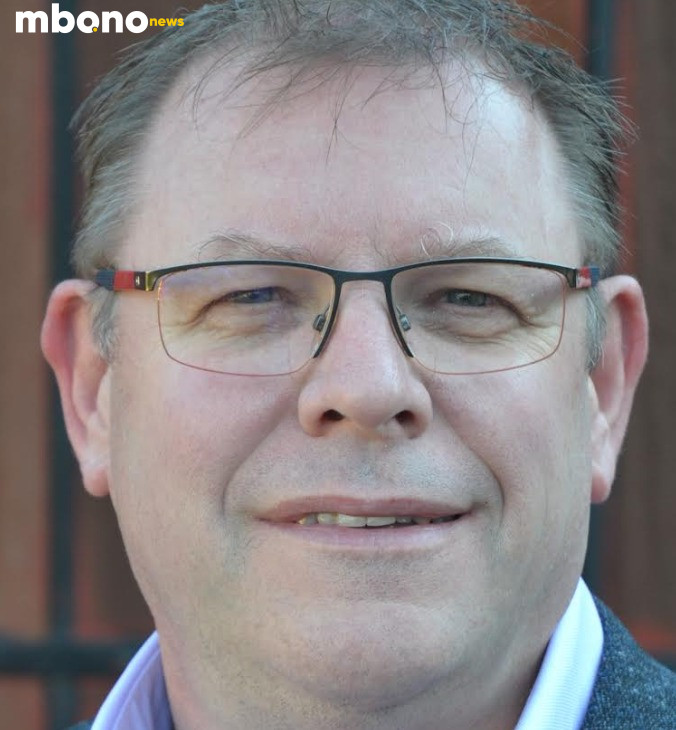Political storm clouds are gathering around Phil Craig, the British-born leader of the Cape Independence Advocacy Group (CIAG) and the Referendum Party, as calls for his deportation intensify. Accused of threatening national unity with his campaign for Western Cape secession, Craig finds himself at the center of a fierce constitutional and political debate.
The African Transformation Movement (ATM) and ActionSA are leading the charge, urging the Department of Home Affairs to deny Craig’s citizenship and eject him from the country. “His actions risk deepening poverty and inequality,” said ATM’s Vuyo Zungula, citing Craig’s alleged undermining of constitutional values.
A growing petition titled “Keep South Africa Safe”—now nearing 50,000 signatures—accuses Craig of stoking division under the guise of advocacy. But Craig is standing his ground, insisting his push for a Cape referendum is rooted in the constitutional rights to freedom of expression and self-determination (Sections 15, 16, and 235).
“Cape independence is not about exclusion—it’s about accountable governance and prosperity for all,” Craig told reporters, rebuffing claims of racial or economic divisiveness. A South African permanent resident for over 20 years, he also blames bureaucratic delays for the stalling of his citizenship application.
The controversy escalated after Craig announced plans to seek international backing, including a proposed meeting with the Trump administration in April 2025. Presidential spokesperson Vincent Magwenya condemned the move, saying, “Craig, a non-citizen, has no right to destabilize our nation.” Political analysts have warned such foreign lobbying could compromise South Africa’s sovereignty.
Despite winning just 7,000 votes in the 2024 elections, the Referendum Party’s influence is growing, largely through online activism and regional support in the Western Cape. Critics like ActionSA’s Lerato Ngobeni call Craig’s actions “a display of poor character,” while others on social media accuse him of weaponizing white privilege.
Yet Craig remains unshaken: “The Western Cape is my home, and I’m not going anywhere.”
With public pressure mounting, Home Affairs Minister Leon Schreiber now finds himself at the heart of a constitutional flashpoint that could redefine the boundaries of free speech, citizenship, and national unity in post-apartheid South Africa.
